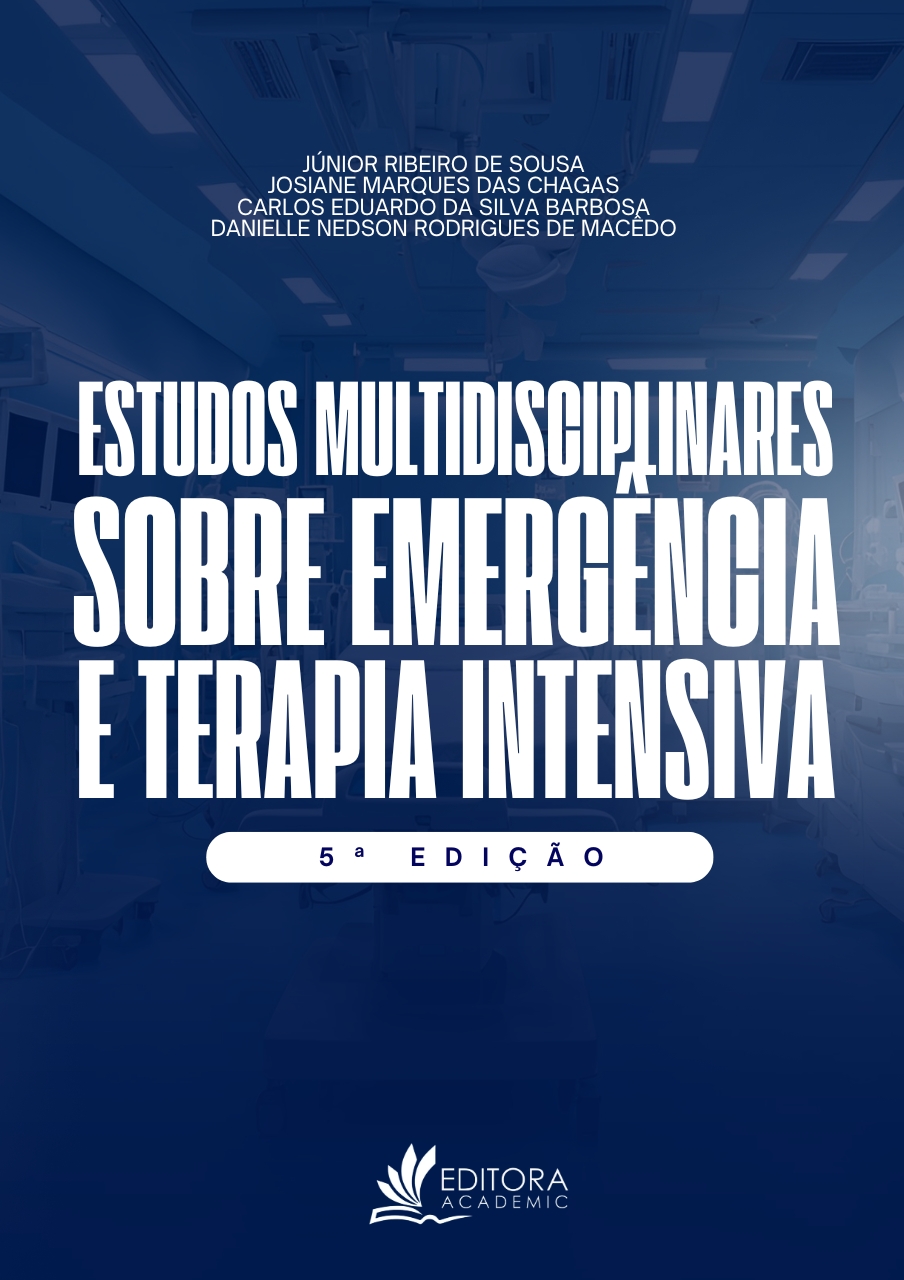
Objetivo: Analisar e descrever as Infecções Relacionadas à Assistência à Saúde (IRAS), os fatores que contribuem para o seu desenvolvimento e a articulação de estratégias efetivas de prevenção e controle dos riscos associadas às infecções. Metodologia: Trata-se de uma revisão integrativa da literatura, realizada entre os meses de janeiro e fevereiro de 2025. As bases de dados utilizadas foram SciELO, BVS e PubMed, tendo 12 estudos selecionados, publicados nos últimos cinco anos, abordando os fatores determinantes para a incidência, prevalência e impactos do diagnóstico de infecções relacionadas à Assistência à Saúde de Enfermagem. Resultados e Discussão: A higienização correta das mãos, seja com água e sabão ou preparações alcoólicas, é crucial para evitar a transmissão de doenças, uma vez que as mãos atuam como veículos diretos de contaminação ao tocar superfícies e equipamentos. A adesão aos bundles, a formação continuada dos profissionais e a implementação de protocolos eficazes são indispensáveis para garantir a segurança do paciente e reduzir eventos adversos, custos hospitalares e o tempo de internação, além de reduzir os índices de infecções. Considerações Finais: A detecção precoce e o gerenciamento da doença, propiciam a garantia na qualidade, segurança do cuidado e o envolvimento ativo dos atores no processo de redução dos índices de IRAS no contexto assistencial.